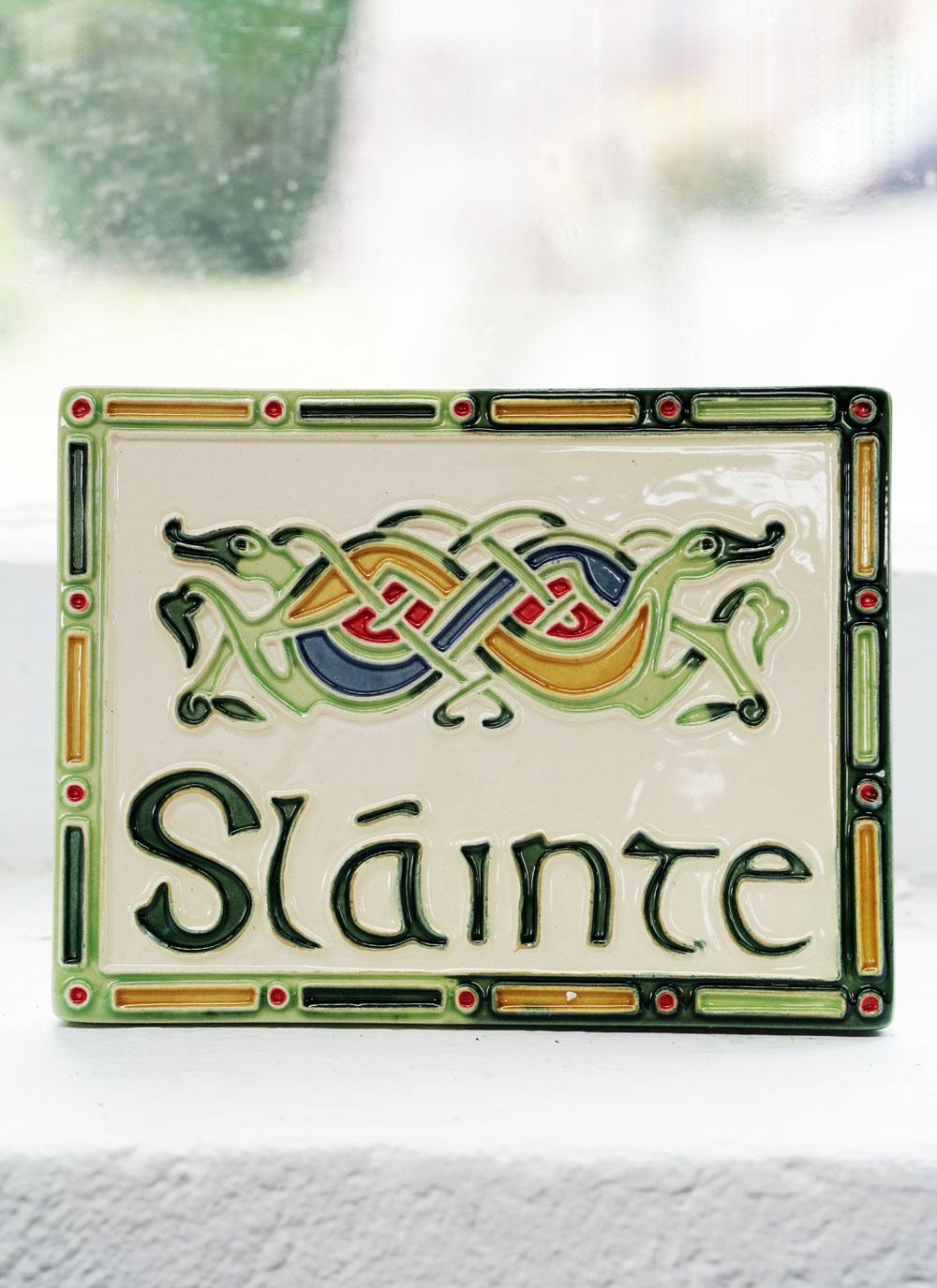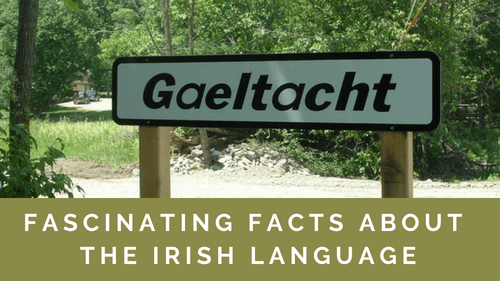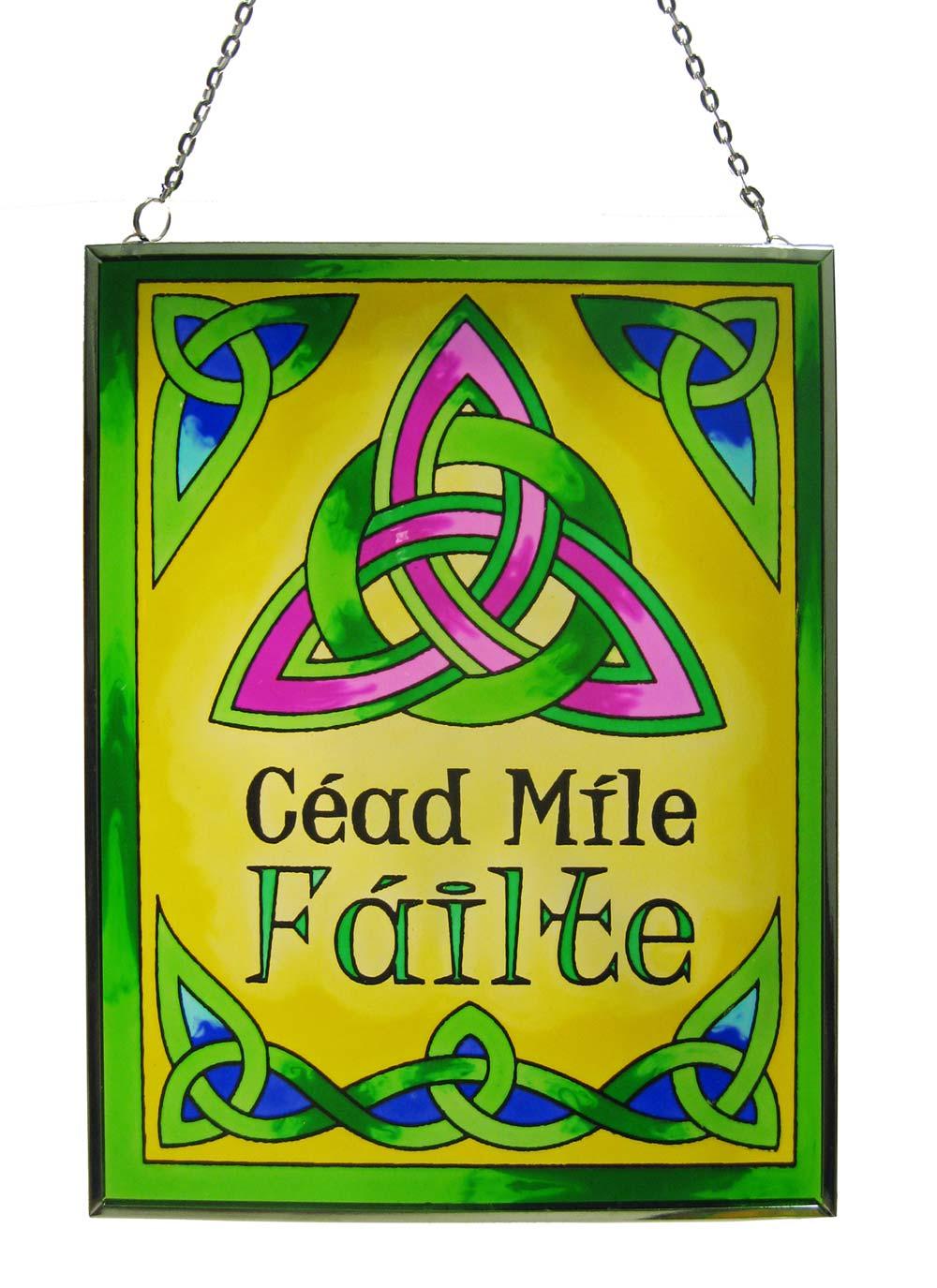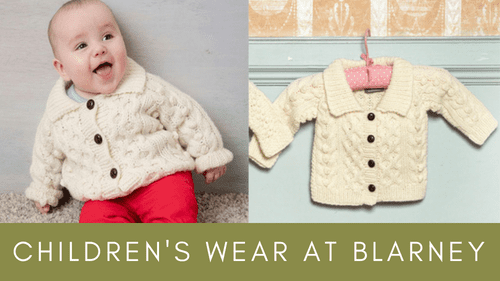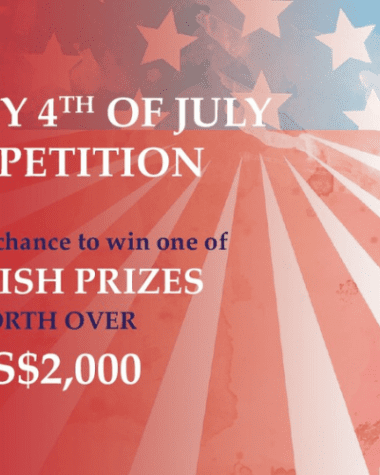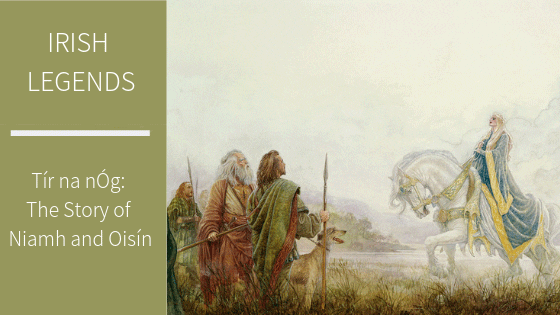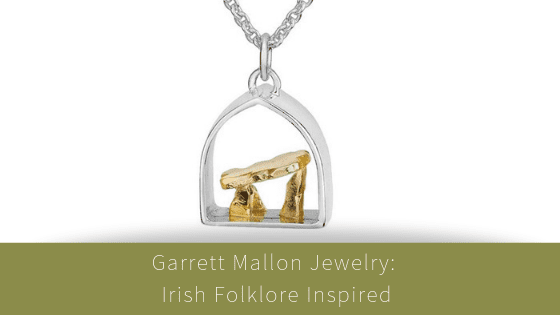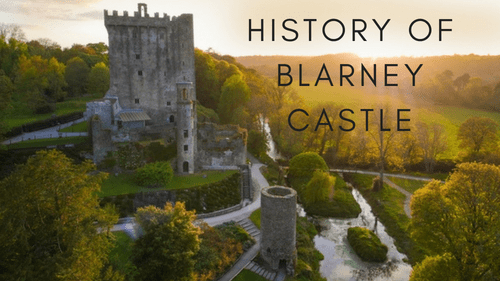Today marks the launch of Seachtain na Gaeilge 2017. Culminating in St. Patrick’s Day festivities, this two-week festival takes place annually during the beginning of March. The festival aims to celebrate and promote the Irish language. It includes a diverse range of events (all of which are conducted as Gaeilge) ranging from music sessions to street céilís and even speed-dating! Over 150,000 people of all levels of fluency in Irish take part throughout the country.
Five Facts about the Irish Language
To celebrate Seachtain na Gaeilge (pronounced: Shock-ten na Gwayle-ga), we at Blarney Woollen Mills are keen to share some surprising facts about our mothertongue.
Irish is one of the oldest written languages in the world. The earliest evidence of this is on Ogham stones dating from the 5th century. These are stones bearing inscriptions – an ancient language that predates Old Irish.
There are no words for ‘Yes’ or ‘No’ in Irish. For example, the response to the question
An dtuigeann tú? (Do you understand?) can either be Tuigim (I understand) or Ni thuigim (I don’t understand). This may explain why it’s so hard to get a straight answer out of an Irish person!
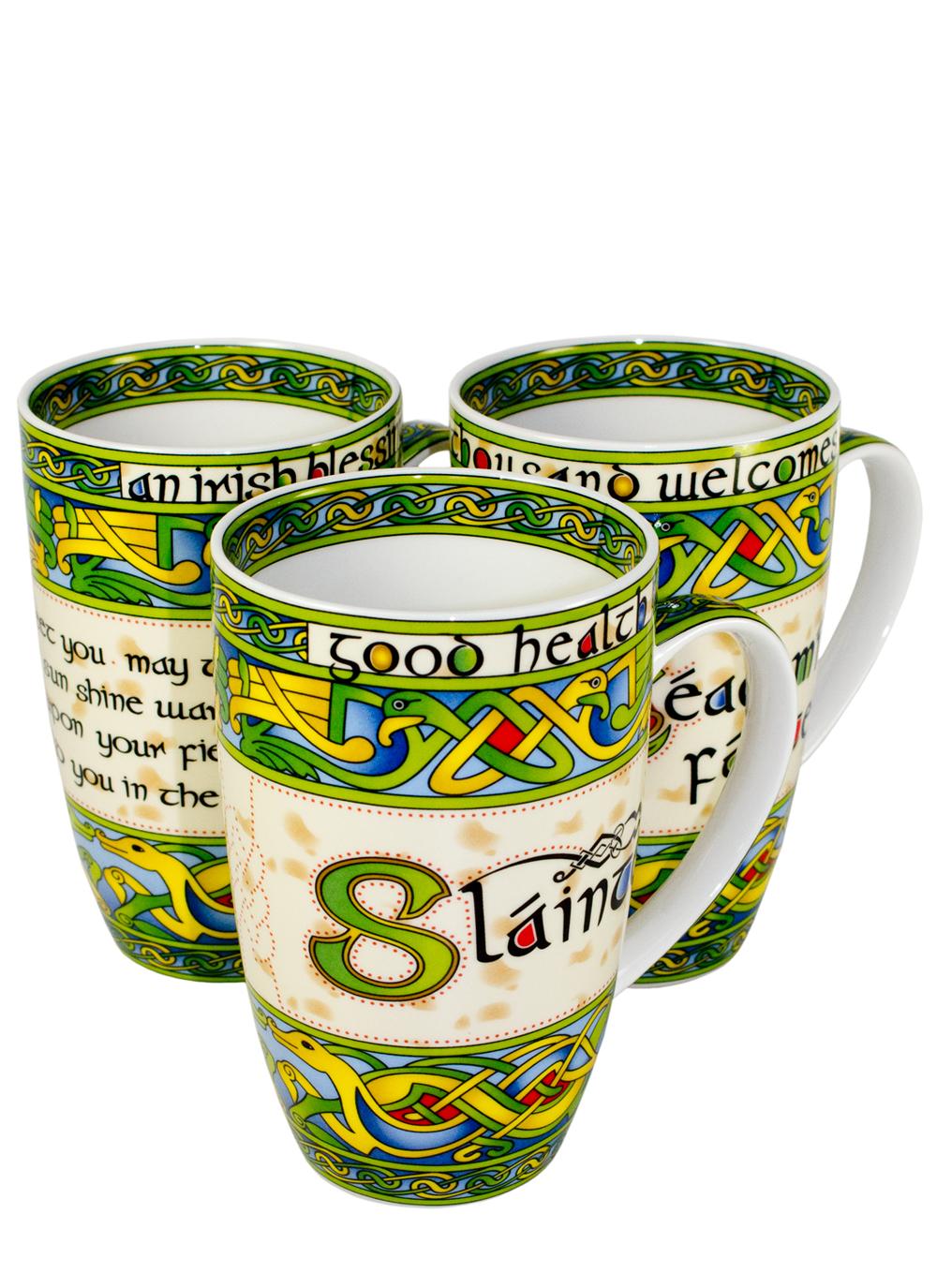
There are a number of Irish-speaking areas throughout Ireland called Gaeltachts. These districts were first officially recognised during the 1920s in the early years of the Irish Free State. This was part of a government policy aimed at reviving the Irish language. Nowadays, approximately 28,000 teenagers attend Irish-language courses in the Gaeltacht during the summer and stay with Irish-speaking families.
Did you know that a version of Irish is spoken in Scotland? Scots Gaelic is said to have begun spreading through Scotland around 500AD. According to a 2011 census, a total of 57,375 people in Scotland can speak Gaelic, with the Outer Hebrides being the main stronghold of the language.
Irish has made a significant impact on the English language. Some words that have an etymology rooted in Gaelic include:
Whiskey: This comes from uisce beatha meaning “water of life”
Hooligan: This can be traced back to an Irish family name Ó hUallacháin<p< center=””>
